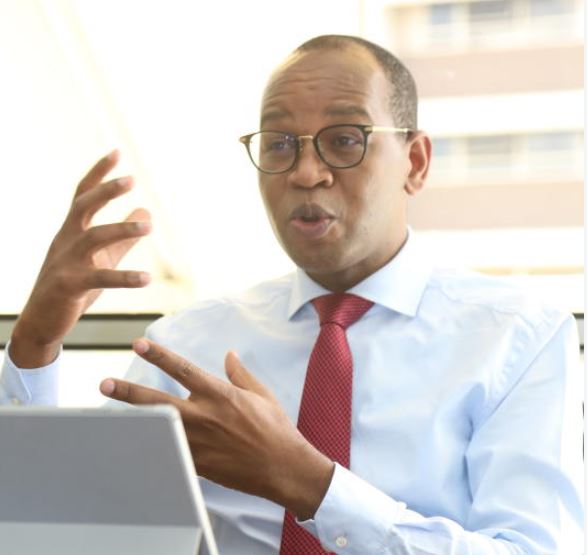×
The Standard e-Paper
Stay Informed, Even Offline

The first time KCB Group Chief Executive Joshua Oigara met former Safaricom boss Bob Collymore, a mobile lending and saving platform was born.
And KCB, one of the oldest local banks, was reborn.







